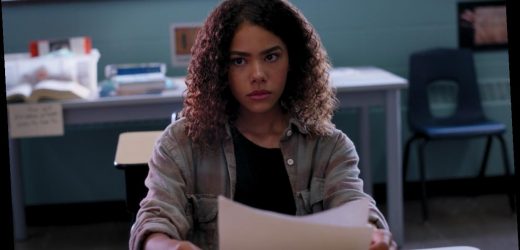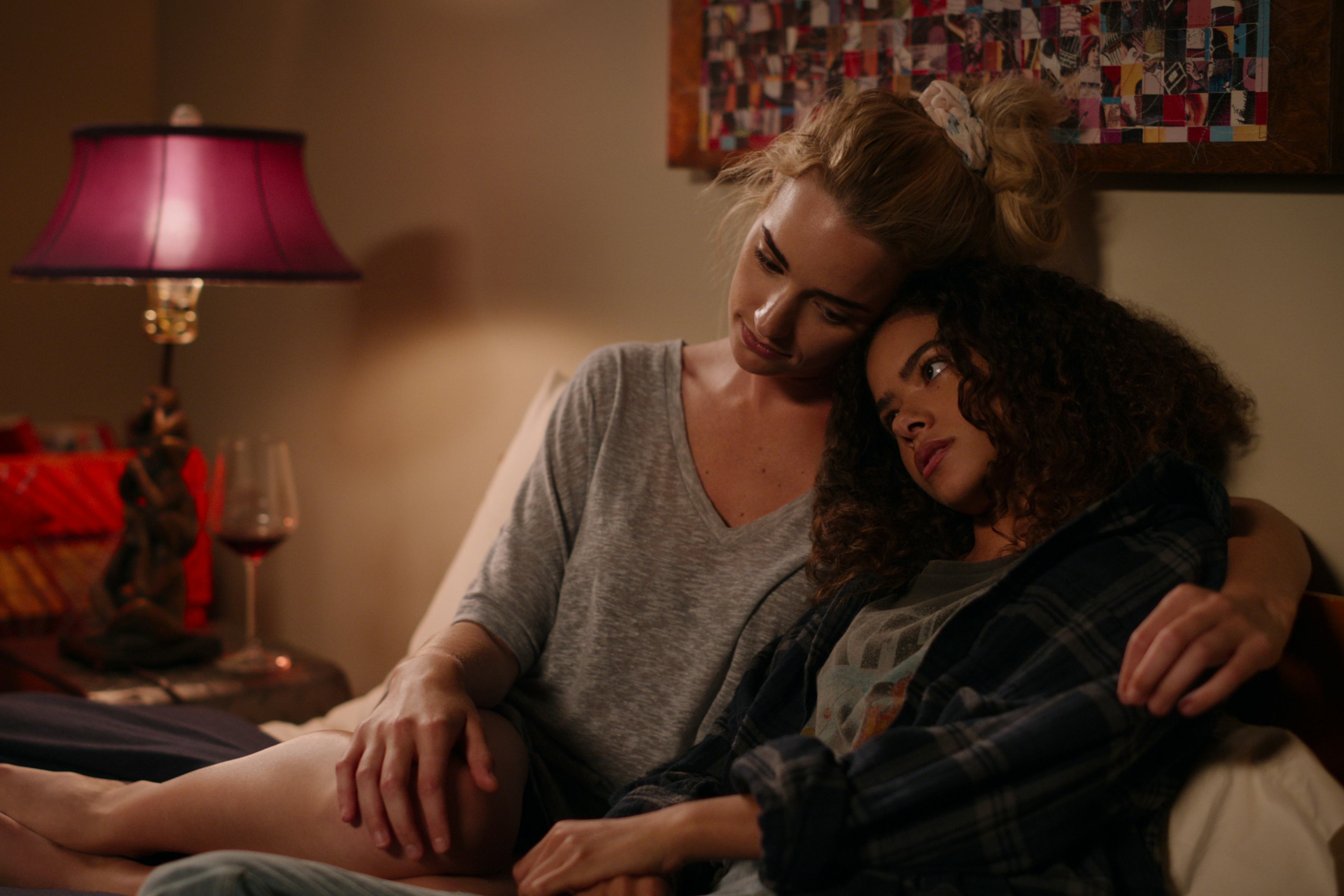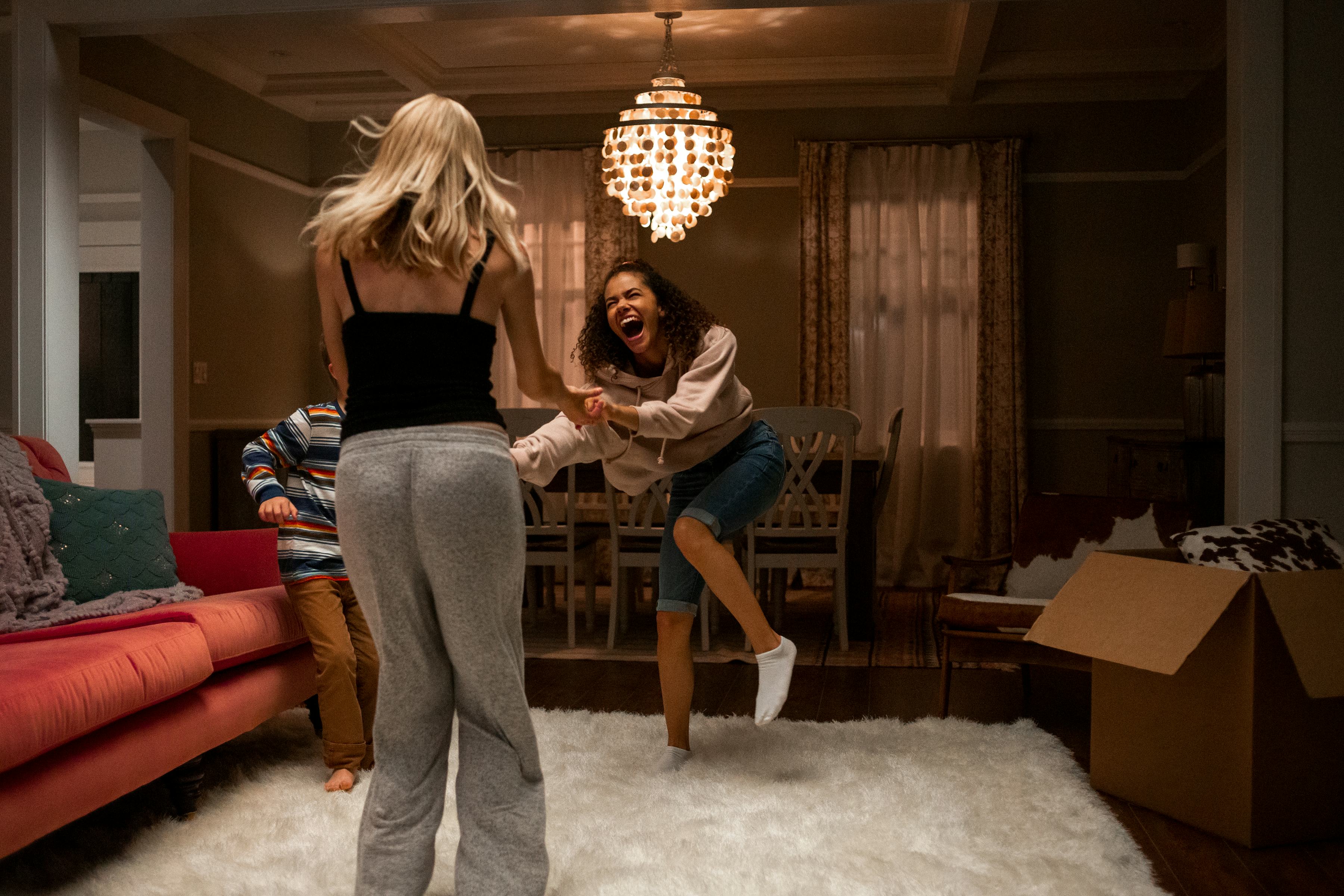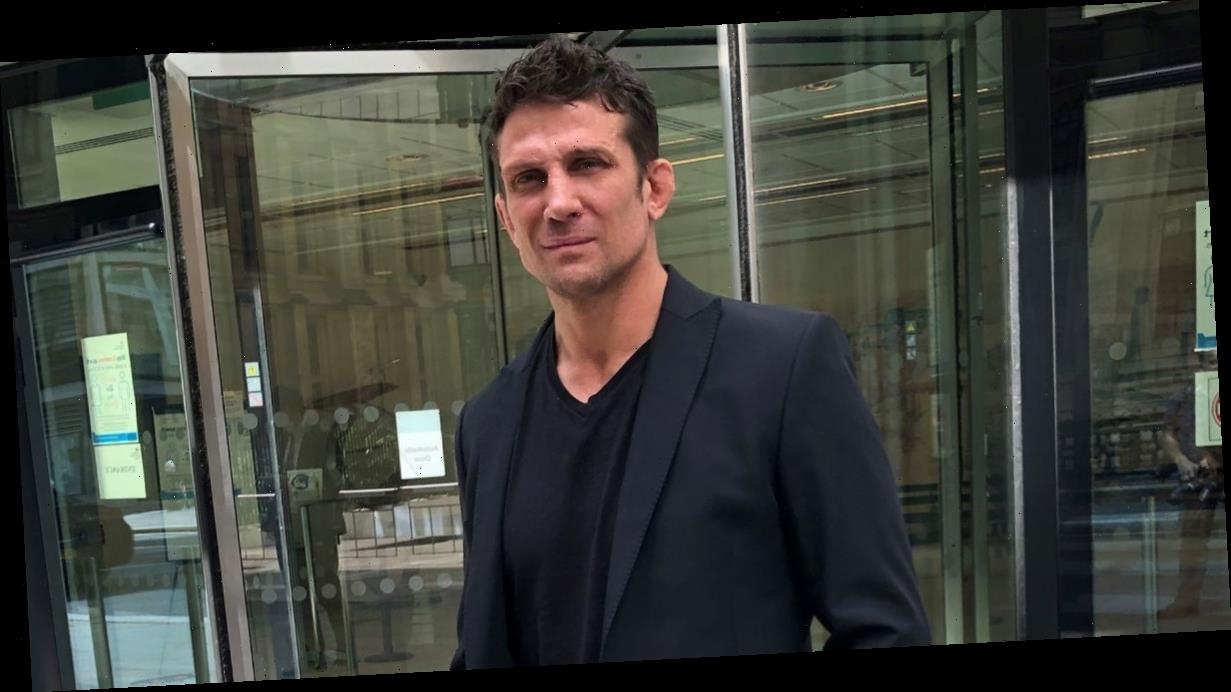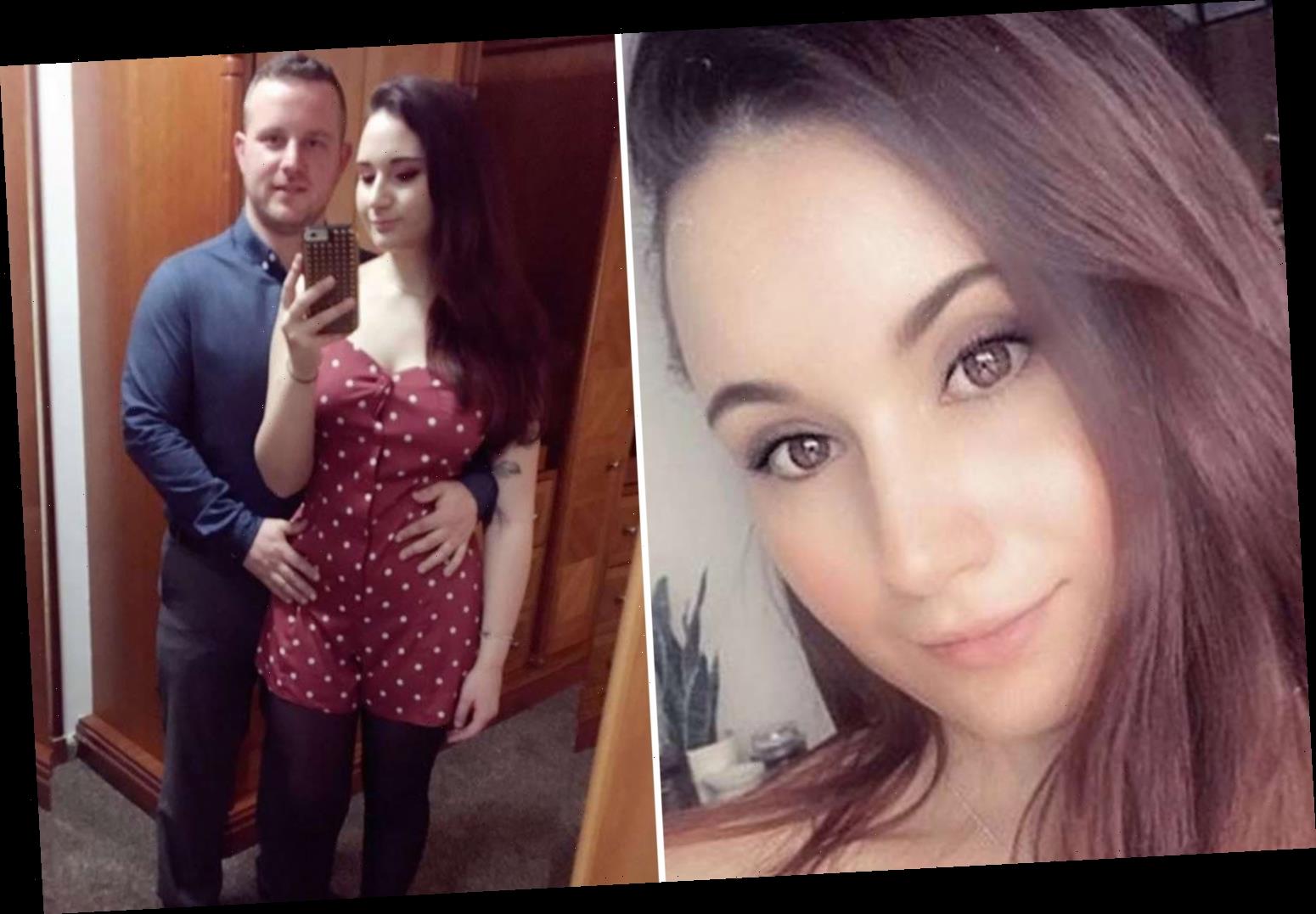When the trailer for Netflix’s new coming-of-age show Ginny & Georgia came out in early 2021, it immediately drew comparisons to longtime favorite Gilmore Girls. Both center around a young mom and her wise-for-her-age teen daughter, both are set in an idyllic New England town, and both are titled with alliterative G-words. But Antonia Gentry is confident Ginny & Georgia viewers will change their tune once they actually start watching. And she would know, considering she’s the star of the show and helped inspire moments in the series based on her own life experiences.
Warning: Light spoilers for Ginny & Georgia Season 1 follow. It’s not only that the new series, which hit Netflix on Feb. 24, is much darker and twist-filled than Gilmore Girls. Yes, there’s certainly more deception, more candid conversations about sex, and at least one more murder investigation in Ginny & Georgia than in the early-2000s hit. But Ginny & Georgia also tells far more diverse stories than Gilmore Girls probably ever could have had, highlighting topics of race, sexuality, disability, and mental illness that early-aughts TV hadn’t yet figured out.
For 23-year-old Gentry, the show’s dedication to telling authentic stories was "profoundly cathartic." She worked with the show’s creator, Sarah Lampert, to weave in her own experiences growing up as a biracial teen to influence major moments in Ginny’s Season 1 arc. Now, she’s ready for fans to see it all play out.
This interview has been edited and condensed for clarity.
Elite Daily: What does Ginny & Georgia‘s emphasis on Ginny’s experiences as a biracial teen mean to you?
Antonia Gentry: Growing up, I didn’t really have that kind of representation on TV. [Shows] didn’t really have interracial couples, [so] I never really saw my parents reflected on the screen. Therefore, I didn’t see myself reflected on screen. To be a part of a show that suddenly makes that normal, makes that nuanced, was profoundly cathartic for me. You don’t realize how important that kind of representation is until you get a whiff of it and you realize, "Oh my gosh, I’m actually being seen right now."
It’s hugely important for a lot of young people across the world to see themselves in media, to see themselves portrayed positively and accurately and realistically. Ginny is a very complex character. She’s smart, she’s vulnerable, she has a mean edge to her, she has her softness. She’s just like every other girl and on top of that, she’s biracial. That is another unique feature of her that is treated with such honesty in the show that I really, really appreciate.
ED: How did you incorporate your own life experiences into Ginny’s story?
AG: Sarah set me aside and said, "I want to hear what it was like growing up. I don’t know what it’s like to walk in your shoes." For the first time, I really felt like I had a voice — let alone a voice on Netflix that could reach millions of people. It was a really surreal moment for me. I basically told her what it was like growing up being biracial and having a lot of white friends, and that added layer of always being the different one no matter what you do.
ED: What from these conversations made it into the show?
AG: There are a few snippets in lines and dialogue that Ginny’s friends say to her that are actual things that people said to me growing up and in high school. There’s a character named Samantha on the show who will say these kind of microaggressive things to Ginny. Like, "What are you? You’re so exotic." Or, "Which one of your parents is white, your mom or your dad?" Things like that, that tokenize Ginny and treat her more like an experiment to be examined than a person.
I was also able to collaborate on writing a scene with Mason [Temple,] who plays Hunter from Episode 8, when they have an argument about "oppression Olympics." Those lines we say to each other are directly inspired by our real lives.
ED: So how do you feel about the comparison between your show and Gilmore Girls?
AG: I understand where it’s coming from and it’s very flattering, but I think people will realize very quickly that the show is something completely different. Yes, it’s a young mom and a teenage daughter, but those things are kind of just aesthetic parts of the show that are similar. The core of the show, the content of the show is a lot more edgy and gritty and deep and fun and wild. It explores social issues and political issues and personal issues in a way that Gilmore Girls never really had to, or never felt obligated to explore. I think a lot of audiences will relate to any one of the characters, they’re so well-written and flawed. It’s just that honesty the show offers that makes it a completely different thing.
ED: But Ginny & Georgia *is* still a mother-daughter tale. How did you and Brianne Howey make that connection feel real?
AG: Brianne and I are only actually eight years apart in real life. It was easy for us to relate to each other and become friends and play off of each other’s energy. I kind of felt like her little sister more than anything, so [for] the scenes in which we have to be mother-daughter, it was actually really easy to portray that kind of tenderness. It was more the scenes [when] we’re at each other’s throats and arguing that we had a hard time, because we just love each other so much. In between those scenes, [we] would check in with each other — "Hey, you doing okay? I’m not actually mad at you."
ED: If Ginny & Georgia returns for Season 2, what aspect of the story are you hoping to dig deeper into?
AG: I really would love to see a darker side of Ginny; I want to see her have that edge. At the end of the season, she kind of says, "OK, well, if I’m the bad guy, then I’m going to work that to my advantage." I mean she blackmailed a teacher. Who hasn’t?! [Laughs] But I think that would be fun to explore and see just how much like Georgia could she actually be. But for now though, I just think what we have is a really great story and I’m excited for everyone to experience it.
ED: Are you ready to be a Netflix star?
AG: I’m the type who processes things after the fact, so it still is all very surreal to me. I’m just kind of strapped in for the ride, wherever the ride may go. I have a lot of really great people around me — my friends, my family, they are all wonderful human beings and I know I can lean on them for anything. So I feel like now there’s going to be this responsibility that I might have that I didn’t have before, but I’m looking forward to growing and learning and hoping for the best.
Ginny & Georgia is streaming on Netflix now.
Source: Read Full Article
